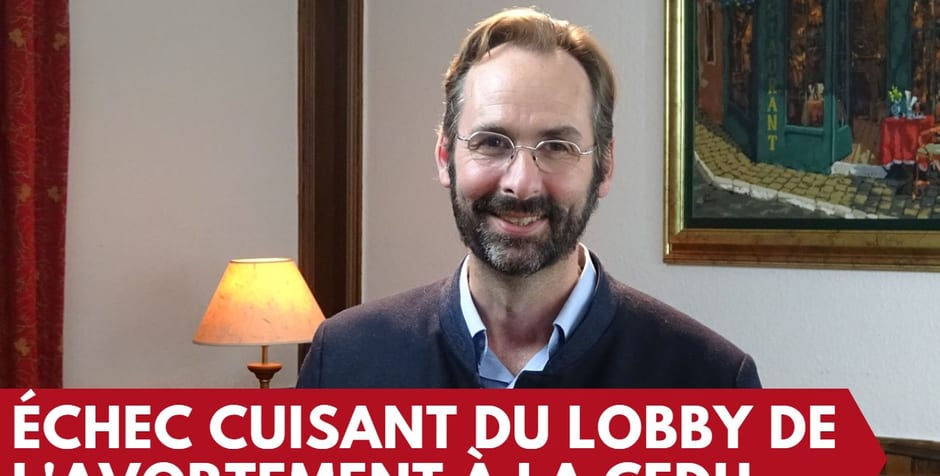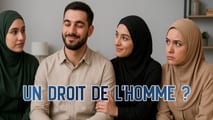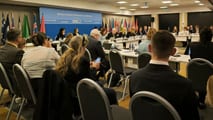
On June 8, 2023, the European Court of Human Rights (ECHR) rejected a series of applications challenging the abolition of eugenic abortion in Poland in the case of A.M. and others v. Poland (no. 4188/21).
Without ruling on the merits, the Court dismissed the applications on the grounds that the applicants could not personally claim to be "victims" of this abolition, as they were not pregnant or expecting a child with a disability. At issue was the decision of the Polish Constitutional Court of October 22, 2020, ruling that eugenic abortion is contrary to the constitutional principles of respect for human life and dignity, which is endowed to every human being from before birth.
The ECLJ is delighted with this decision and notes with satisfaction that the Court agrees with the arguments we offered in our written observations.
This decision is all the more remarkable given the considerable pressure exerted on the Court - and even within it - by the abortion lobbyists. Indeed, the case was engineered by the Polish Federation for Women and Family Planning (FEDERA) and received massive support from global abortion lobbyists. Almost all the major pro-abortion advocates intervened in the case: Amnesty International, Human Rights Watch, Center for Reproductive Rights, International Commission of Jurists, International Federation for Human Rights, International Planned Parenthood Federation European Network, Women Enabled International, Women's Link Worldwide, and World Organisation against Torture. The United Nations Working Group on Discrimination against Women and Girls, whose chair (Melissa Upreti) was an employee of the Center for Reproductive Rights, also intervened, as did the Council of Europe's Commissioner for Human Rights. The Commissioner drew on a report drawn up in 2017 by the Center for Reproductive Rights. The International Federation of Gynecology and Obstetrics (FIGO) also supported abortion, as did activist Fiona de Londras. All pro-abortion advocates pleaded for the ECHR to impose a new "right" at the European level: that of aborting a child because it is disabled, notably if it has Down's syndrome.
Faced with this lobbying, the ECLJ received the support of eminent personalities, who co-signed its written observations. Alongside us, former ECHR judges intervened with their former jurisdiction; this type of intervention is a first, to our knowledge. Others followed: experts from the United Nations, a former European Commissioner for Health, a former President of the Inter-American Court of Human Rights, magistrates, academics, etc. We were also honored to receive support from associations of people with Down's syndrome, as well as two young women who, on video, addressed the ECHR judges directly, explaining what Down's syndrome is, how they live with it, and asking them to defend them with a favorable decision. The people with Down's syndrome who mobilized for this case can now rejoice with us in this victory.
Despite all their efforts and prestige in the eyes of the world, the pro-abortion groups did not succeed in convincing the Court, which refused to allow itself to be crudely used—and demeaned—for purely political ends. In the past, the Court has not always been so cautious, ruling in favor of similar cases against Ireland and Poland, supported by the same Center for Reproductive Rights.
While this decision is a defeat for the abortion lobbyists, it is not a definitive victory for those who defend respect for the lives of disabled people. In fact, we should not delude ourselves. It is possible—and even probable—the Court will continue to advance a pro-abortion mindset. The most dangerous case on this theme is yet to come, and its judgment could be published shortly (M.L. v. Poland, no. 40119/21). It concerns a Polish woman who feels she has been subjected to a form of torture and an invasion of her privacy for having to travel to the Netherlands and spend 1,220 euros to abort her child with Down's syndrome in the 7th month of pregnancy.
Strangely enough, these major human rights NGOs do not ask themselves whether aborting a child at seven months of pregnancy because of Down's syndrome is not, in fact, the actual violation of human rights.













